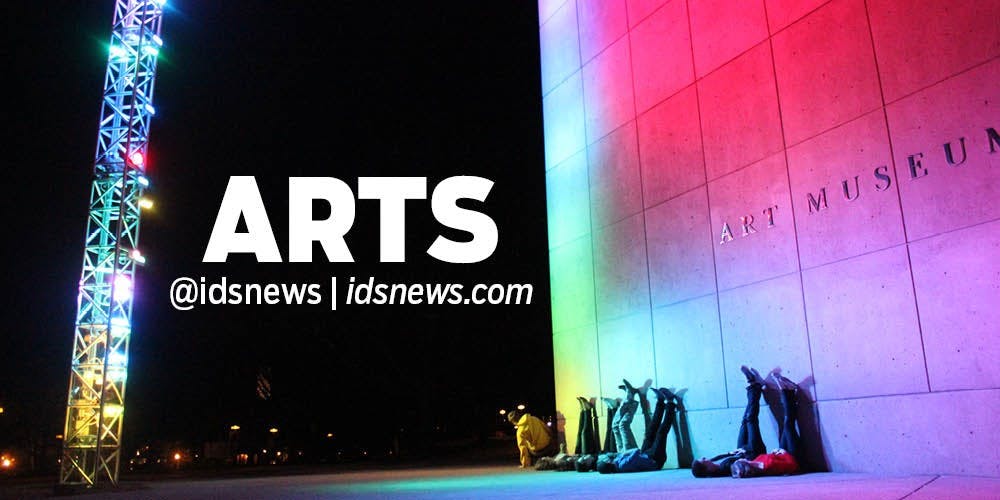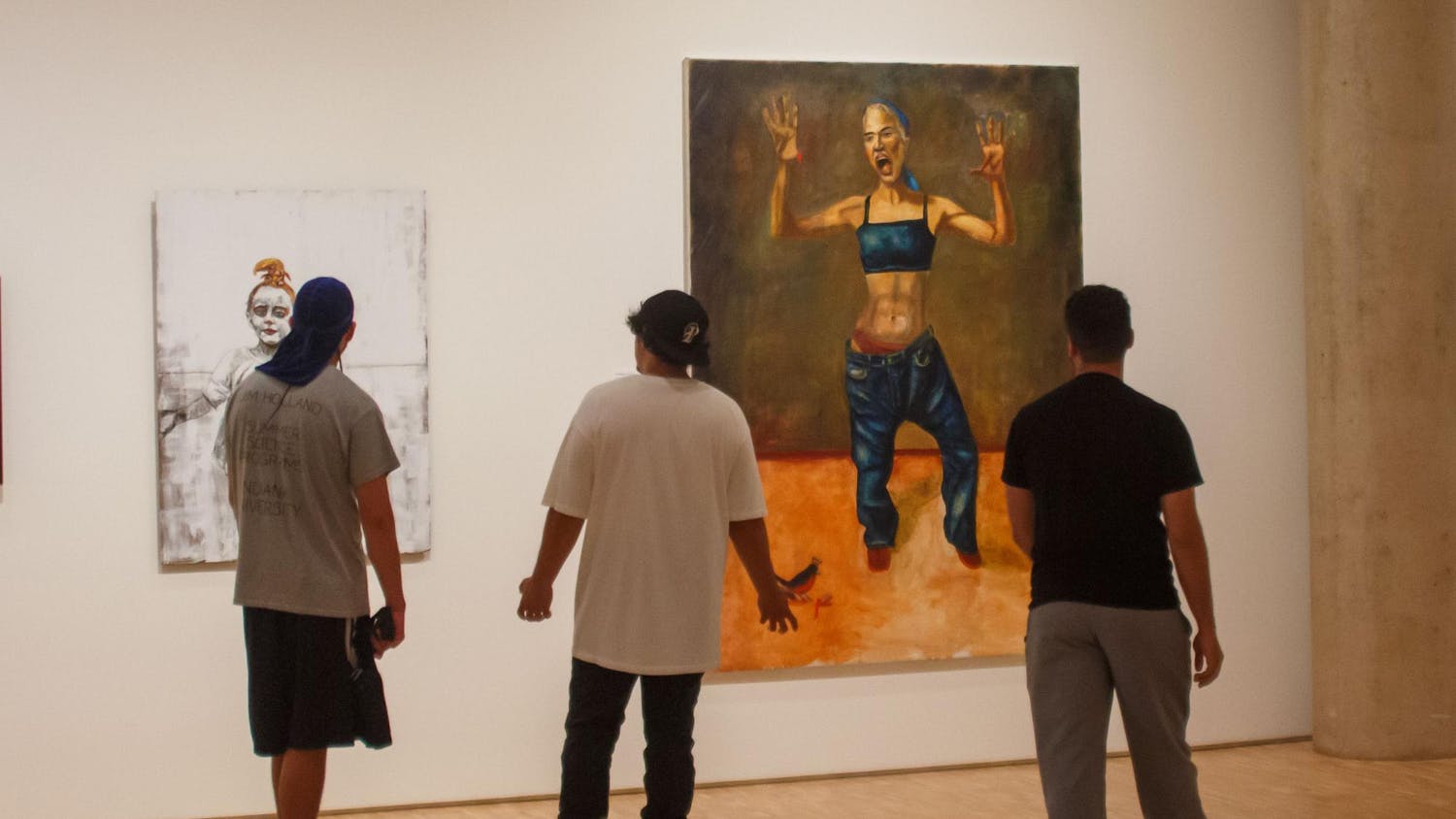Jacobs School of Music’s Historical Performance Institute’s third annual conference, Historical Performance: Theory, Practice, and Interdisciplinarity, will take place May 18 to May 20 in Sweeney Hall and Auer Hall.
The conference features 33 presentations, each focusing on some aspect of historical improvisational techniques from the Middle Ages onward.
On May 18, a performer will present works by C. Ph. E. Bach and re-improvised Mozart sonatas, according to the program. On May 19, a performer will play cantatas and a vocal composition by Bach.
Scholars and performers from a worldwide array of prestigious institutions are scheduled to present. Among the institutions are the Université de Strasbourg, the University of Bern from Switzerland and Kings College London.
“One aspect of historical performance is that you really need to have one foot in the academic area and one foot in the performance area,” said Dana Marsh, director of the Historical Performance Institute. “It’s not really possible to practice it well without both of those perspectives functioning in some equal way.”
Speakers include Angela Mariani, a Jacobs alumna and musicologist at Texas Tech University. Mariani hosts a nationally syndicated radio program "Harmonia," and her book, “Improvisation and Inventio in the Performance of Medieval Music,” was recently published by Oxford University Press.
“Improvisation is more central to performing styles of music, whether it be in the Middle Ages, in the Baroque, Renaissance, than we would expect,” Marsh said. “When musicians are taught today, they are taught very much to have faith with the page. What is written on the page, what you see, is what you get.”
Marsh said all was different in the Middle Ages and performers reconstructing historical performances can’t simply rely on a written score.
“You go to the Middle Ages and you just can't go and buy 500 sheets of paper to print music on,” Marsh said. “To write on parchment, you’ve got to slaughter calves and sheep. So, most of what happens in the learning process of music is taught without reference to music notation.”
Baroque and Classical era composers, such as Bach, Mozart and Beethoven, were all serial improvisers. Some were known in their day just as much, if not more, for their improvisational prowess as their now-celebrated compositions.
However, Marsh said studying improvisational techniques has only interested academia in the last 10 to 15 years.
Marsh said he’s been to musicological conferences where a great deal of incongenial backstabbing takes place. Even where there are disagreements or differences of opinion, he’s amazed by the collegial atmosphere produced each year by the Historical Performance Institute’s annual conference.
“There’s a real interest in sharing ideas and bringing the field forward that I see it as something where people really feel uplifted by new insights,” Marsh said.



